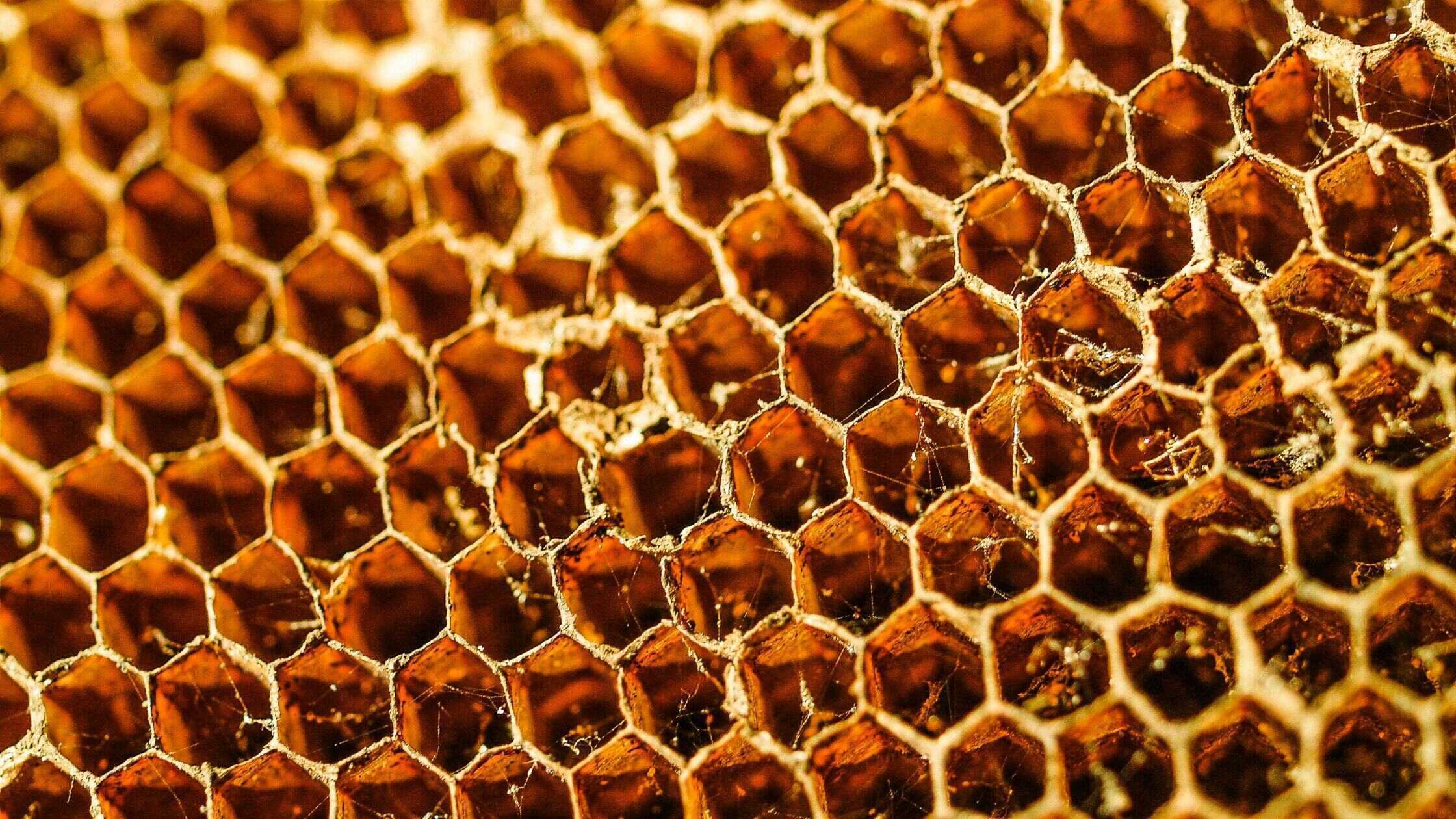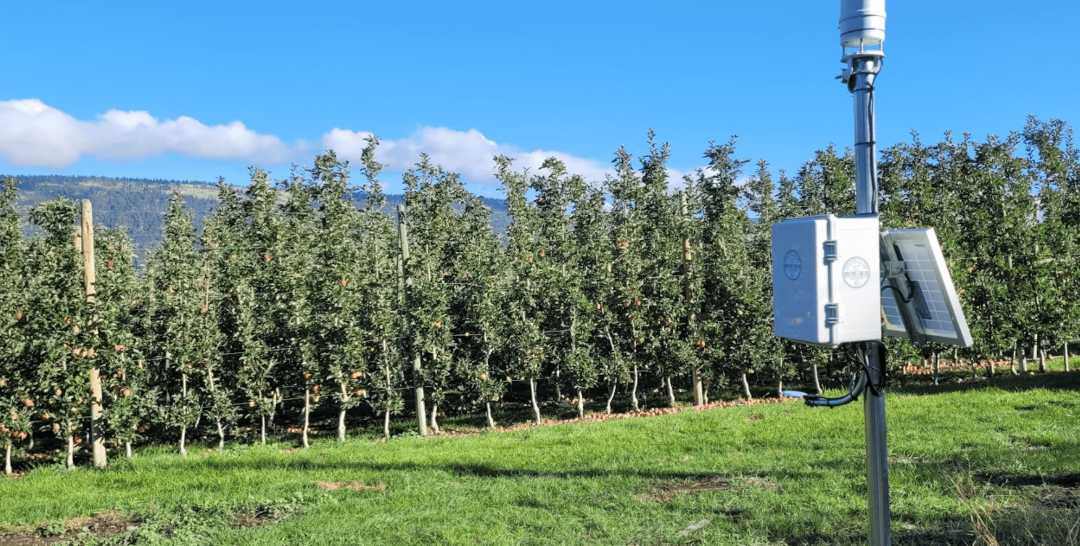Using the asset-tracking and remote monitoring capabilities of the Hawk Pro, a team of undergraduate researchers at the University of Southampton developed the iBuzz2: a research project intended to shed light on the causes and mitigation strategies related to bee colony failure, one of the least understood elements of bee ecology.
The team used a wide range of sensors placed in strategic positions within the beehive including an infrared sensor at the entrance of the hive to detect movement and a weight scale in the hive’s roof to record data on food consumption. Additionally, an accelerometer was used to measure the tilt of the hive and provide early warning of structural damage. Several internal and external temperature sensors monitored the climate of the hive to investigate potential precursors of colony collapse.
The team used the data logging technology of the Hawk to monitor beehives and gather valuable data on the habits and risk factors affecting the survival of honeybees. With the help of both Hampshire’s Meon Valley Beekeepers Association and local DM reseller RF Tracking, the students sought to examine the best ways of protecting colonies against factors like weather.
The data collected during this project provided a deeper understanding of the factors contributing to colony failure, supporting more effective conservation efforts to preserve bees' vital role in local ecosystems and guide future breeding and conservation initiatives. The remote monitoring capabilities of the Hawk would prove especially valuable in winter, where remote hives become less accessible and manual checks by keepers may expose bees to adverse weather conditions and other threats.

Southampton University’s Professor Nick Harris, and the fourth-year research team (Huw Burgin, Tsz Yu Katherine Lo, Bartosz Sarwa, Alex Clifton, Sittadon Panpayom, and Nur Afiah) with their setup of the Hawk and assorted sensors.
Certain capabilities of the Hawk proved especially beneficial in the monitoring of hives. The ability to connect multiple different sensors to the device allowed the researchers to increase the general volume of data available to them. This in turn allows for more detailed findings which increase the efficacy of potential future conservation solutions by beekeepers. The wide range of sensors deployed in the iBuzz2 proposal allows keepers to remotely monitor the health of multiple hives from a distance via a web portal, reducing the degree of external risk posed to the bees, particularly over the winter period.
Another important feature was the ability to keep a backlog of data when necessary. Occasionally, the server which the data was sent to would go offline. In this time the Hawk would keep a backlog of collected data allowing this to be sent to the server when it went back online. Consequently, no data was lost in these instances which allowed researchers to achieve more complete data sets to inform future decision-making.
Overall, because of its remote monitoring capabilities, as well as its wide range of compatible sensors, the Hawk was a perfect datalogger for the iBuzz2 project. This project demonstrates the potential of technology in pushing the envelope on scientific understanding, enabling countless insights into even the smallest and most often overlooked facets of animal life.
.png)
.png)




.png?width=352&name=Nov%20LinkedIn%20(1).png)

.png?width=352&name=Website%20Headers%20(28).png)